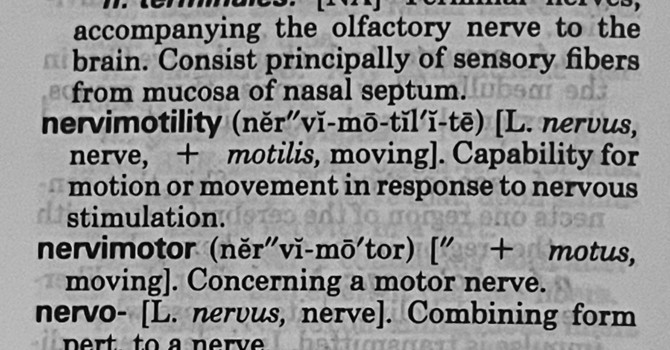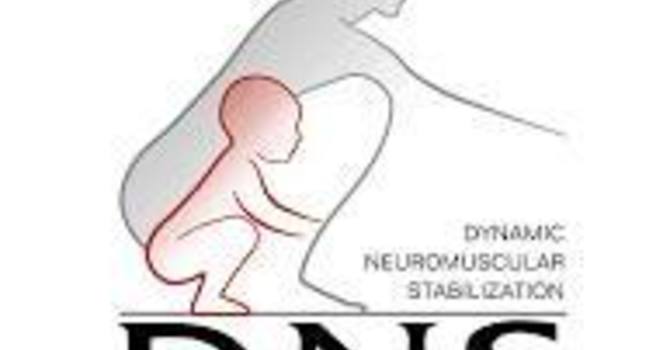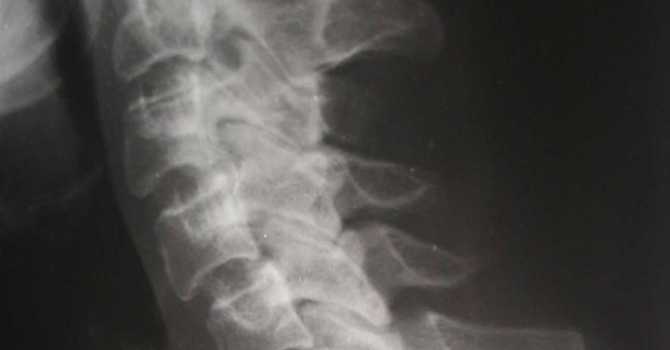
In the realm of holistic health and wellness, the interconnectedness of our mental, neurological, and immune systems plays a pivotal role in maintaining overall well-being. Psychoneuroimmunology (PNI) explores the intricate relationship between our thoughts, emotions, nervous system, and immune function, shedding light on how these elements intertwine to shape our health.
One influential factor that significantly impacts PNI is our diet. The food we consume isn't merely a source of energy; it also serves as a powerful modulator of our immune responses and mental health. As a chiropractic practice dedicated to holistic care, understanding the nexus between psychoneuroimmunology and diet is crucial for optimizing patient health.
Unveiling the PNI Connection:
Mental Health and Immune Response:
PNI elucidates how our mental state and emotions can influence the immune system. Stress, anxiety, and negative emotions can trigger the release of stress hormones like cortisol, impacting immune function. Chronic stress weakens immune defenses, making individuals more susceptible to illnesses.
Neurological Signaling and Immune Function:
The nervous system communicates with the immune system through intricate pathways. Neurotransmitters and neuropeptides act as messengers, influencing immune cell activity. Disruptions in this communication, often influenced by factors like chronic inflammation or poor diet, can compromise immune responses.
The Role of Diet in PNI:
Nutrient-Dense Foods and Immunity:
A diet rich in antioxidants, vitamins (like C, D, and E), and minerals (such as zinc and selenium) supports immune function. These nutrients act as vital players in immune responses, aiding in the production of immune cells and reducing oxidative stress.
Gut Health and Immune Regulation:
The gut-brain axis illustrates the profound connection between the gut microbiota, brain function, and immune health. Probiotic-rich foods foster a healthy gut environment, positively impacting mental health and bolstering the immune system.
Inflammatory Foods and Immune Response:
Highly processed foods, sugar, and excessive saturated fats can trigger inflammation in the body. Chronic inflammation weakens immune defenses and can contribute to various health issues, underscoring the importance of an anti-inflammatory diet.
Empowering Patients for Holistic Wellness:
As chiropractors passionate about holistic care, incorporating dietary guidance into patient wellness plans becomes instrumental. Educating patients about the impact of nutrition on psychoneuroimmunology empowers them to make informed lifestyle choices to support their overall health.
By emphasizing whole, nutrient-dense foods, fostering a balanced gut environment, and minimizing inflammatory triggers, patients can actively contribute to optimizing their psychoneuroimmunology for enhanced well-being.
Conclusion:
The convergence of psychoneuroimmunology and diet underscores the significance of a holistic approach to health. Recognizing the influence of thoughts, emotions, and diet on immune function and mental well-being allows chiropractors to provide comprehensive care, supporting patients in achieving optimal health from a holistic perspective.
Understanding and harnessing the interplay between psychoneuroimmunology and diet forms the cornerstone of our commitment to holistic care, guiding patients on a transformative journey toward wellness.
Remember, the choices we make daily, including what we eat, profoundly impact our body's ability to maintain balance and thrive. Let's embark on this holistic journey together toward optimal health and vitality!
Apex Spine and Performance is dedicated to empowering you on your path to holistic well-being. Contact us to explore personalized holistic care plans tailored to support your health goals.
This blog post is for informational purposes only and should not be considered medical advice. Please consult with a healthcare professional for personalized guidance concerning your health and dietary needs.




